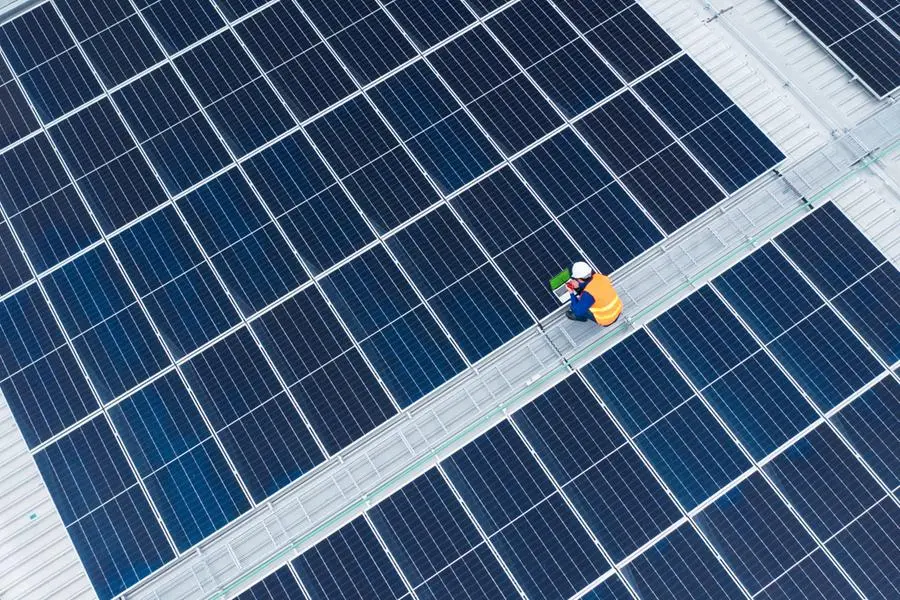PHOTO
Tabuk: Red Sea Global has announced the installation of 750,000 solar panels and five solar stations dedicated to the operation of the first phase of the “Red Sea Project,” which consists of 16 hotels, retail, and entertainment venues, and supporting infrastructure facilities to be powered entirely by renewable energy.
John Pagano, the CEO of Red Sea Global, explained that since the beginning, the company has been committed to adopting a different approach in its operations and projects. Its development of the world’s largest tourism destination that is fully powered by renewable energy falls within such commitment, he said.
Pagano added that the installation of electroluminescent (EL) panels at the five solar stations had been completed as part of the first phase of the Red Sea Project, and the complete independence of the mega venture from the national grid makes it not only the largest but also the first of its kind in the world.
One of the solar stations is located near the Six Senses Southern Dunes, the Red Sea Resort, and Spa, the first solar-powered resort & hotel to be inaugurated of the 16 hotels of the first phase of the Red Sea Project.
Two solar stations are located near the Desert Rock mountain resort and the Sheybarah Resort on Sheybarah Island. In comparison, two other solar stations of larger capacity will power the remaining resorts and the 15 beach villas in the Turtle Bay Village.
Red Sea Global is also implementing the world’s largest battery storage facility at a capacity of 1,200MWh, which will enable the mega tourism project to achieve 100% grid independence, all within the commitment of the company in sustainability and development and to contributing to realizing the targets of the Saudi Vision 20230.
All vehicles transporting visitors of the Red Sea Tourism Project will be fully powered by solar energy, starting with their arrival at the Red Sea International Airport and continuing through their movements within the sites and between the nearby islands.
Red Sea Global is also investing in human capital. It has provided vocational training scholarships to 500 people in cooperation with the Human Resources Development Fund, of which 50 people have received training in renewables. Providing specialized training to a total of 10,000 Saudi citizens by 2030 is the target of the company.





















